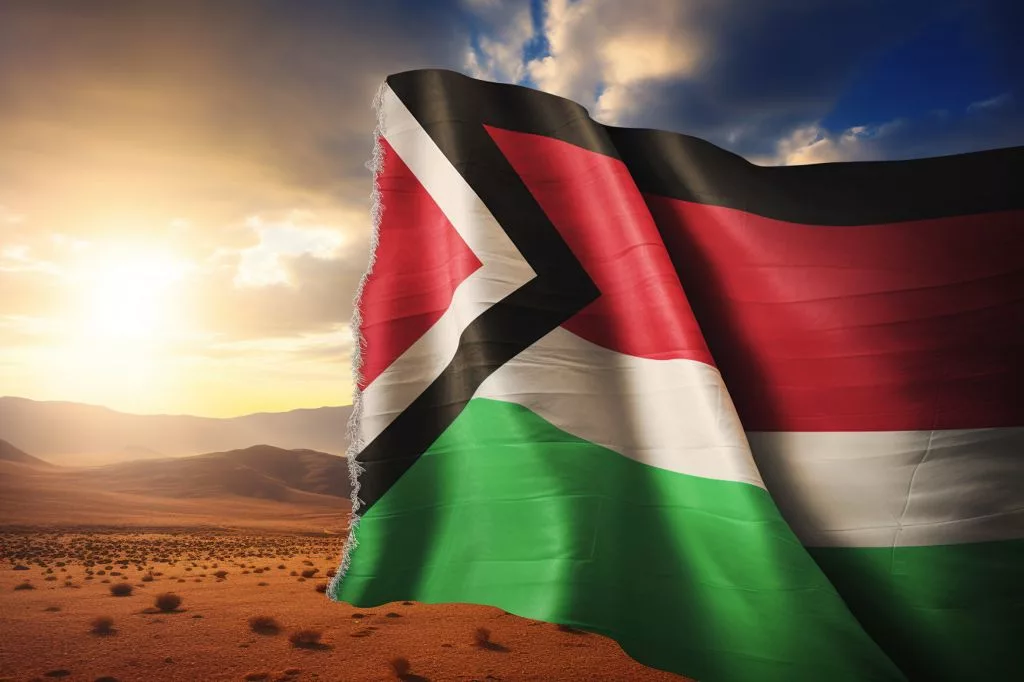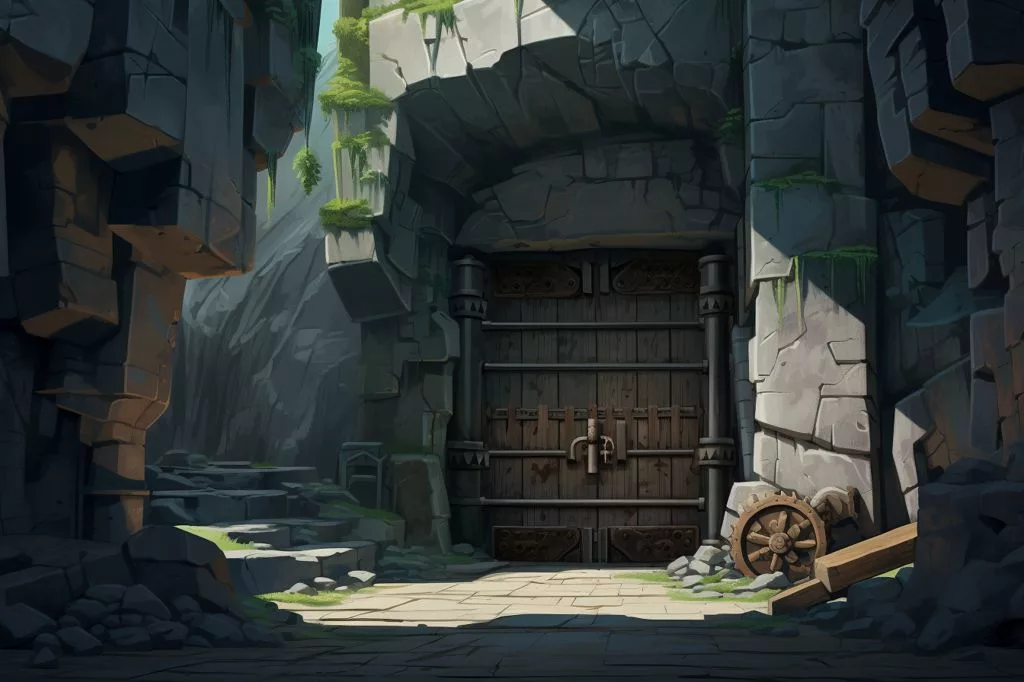The Middle East conflict between Hamas and Israel has had a significant impact on South Africa, exacerbating existing divisions among various factions in the country. The conflict has led to widespread protests, with various organizations taking part in demonstrations and marches. Historical ties and internal divisions have also been brought to the forefront, leading to concerns about the impact of international conflicts on South African society. Calls for peace and humanitarian aid have been made, while responses from political parties and minority representations have been mixed.
The Middle East conflict, specifically the ongoing struggle between Hamas and Israel, has had a significant impact on the already volatile social landscape in South Africa. Political analysts suggest that the war has heightened existing divisions among various factions in the country, which reflects the complex nature of South African society.
Conflict Timeline and Protests in South Africa
The recent conflict began with a Hamas attack on Israel, resulting in the death of 1,400 civilians and Israeli soldiers. Israel then launched a series of attacks on Hamas-controlled Gaza, leading to the death of over 4,650 Palestinians, including at least 1,873 children, according to Gaza’s Hamas-run health ministry. This situation has triggered widespread protests in South Africa, with various organizations taking part in demonstrations and marches.
Historical Ties and Internal Divisions
Professor André Duvenhage, a political analyst at North-West University, notes that the South African government before 1994 had strong ties with Israel, while the African National Congress (ANC) had historical connections with freedom movements such as the Palestine Liberation Organisation (PLO) led by former president Yasser Arafat. As a result, the current conflict in the Middle East has created rifts within South African society. Duvenhage argues that South Africa has been gradually growing “more and more unstable” due to international conflicts, and the Israeli-Palestinian conflict and Hamas’ role have had a far greater impact on internal divisions within South Africa.
Concerns and Calls for Peace
Duvenhage believes that South Africans should be concerned about these developments, especially as the country grapples with overcoming race-based divisions. Meanwhile, political analyst Professor Siphamandla Zondi does not see the war in Gaza spilling over into South Africa but emphasizes the importance of a unified call for peace and humanitarian aid. Zondi calls for a “peaceful settlement” of the conflict that addresses all underlying issues that have led to the devastating war.
Responses and Minority Representations
In response to the conflict, the Economic Freedom Fighters (EFF) organized a picket outside the Israeli embassy in Pretoria, questioning the country’s economic ties with Israel. However, Professor Karen Milner, national chair of the South African Jewish Board of Deputies, argues that the EFF represents a minority, and South Africans are not interested in importing a foreign conflict when their domestic issues demand urgent attention.
1. What impact has the Middle East conflict had on South Africa?
The Middle East conflict has exacerbated existing divisions among various factions in South Africa, triggering widespread protests and bringing historical ties and internal divisions to the forefront. There are concerns about the impact of international conflicts on South African society.
2. What is the conflict timeline and how has it led to protests in South Africa?
The conflict began with a Hamas attack on Israel, which led to a series of attacks by Israel on Hamas-controlled Gaza. The conflict has resulted in the death of over 4,650 Palestinians, including at least 1,873 children, and triggered widespread protests in South Africa.
3. What historical ties and internal divisions are at play in South Africa?
The South African government before 1994 had strong ties with Israel, while the African National Congress had connections with freedom movements such as the Palestine Liberation Organisation. The current conflict has created rifts within South African society, and the Israeli-Palestinian conflict and Hamas’ role have had a far greater impact on internal divisions within South Africa.
4. What are the concerns and calls for peace in South Africa?
There are concerns about the impact of international conflicts on South African society, especially as the country grapples with overcoming race-based divisions. Calls for peace and humanitarian aid have been made, emphasizing the importance of a unified call for a peaceful settlement of the conflict.
5. What are the responses and minority representations in South Africa?
Responses to the conflict have been mixed, with the Economic Freedom Fighters organizing a picket outside the Israeli embassy in Pretoria and questioning the country’s economic ties with Israel. However, minority representations argue that South Africans are not interested in importing a foreign conflict when their domestic issues demand urgent attention.








